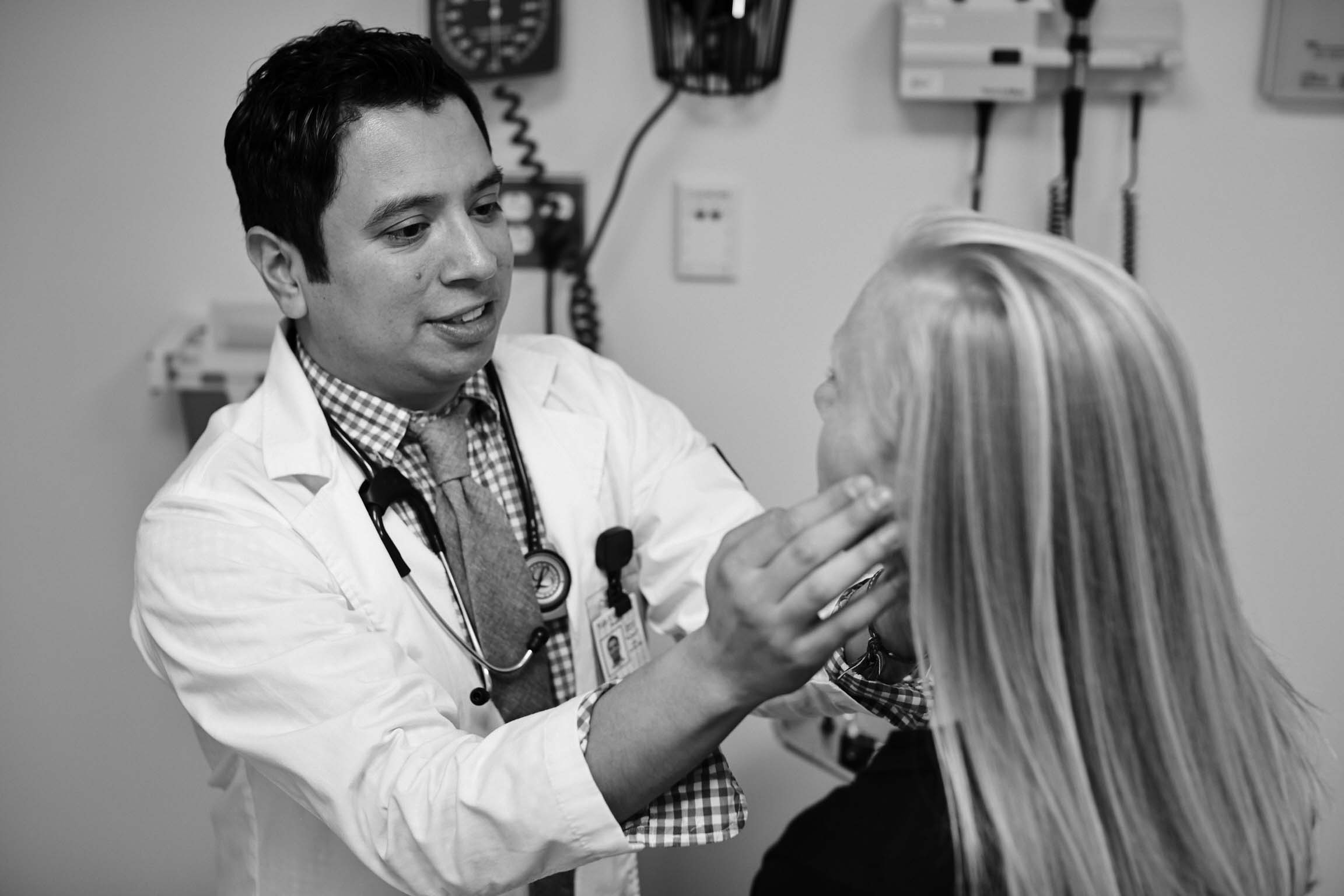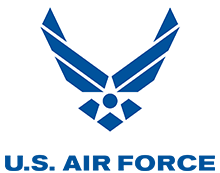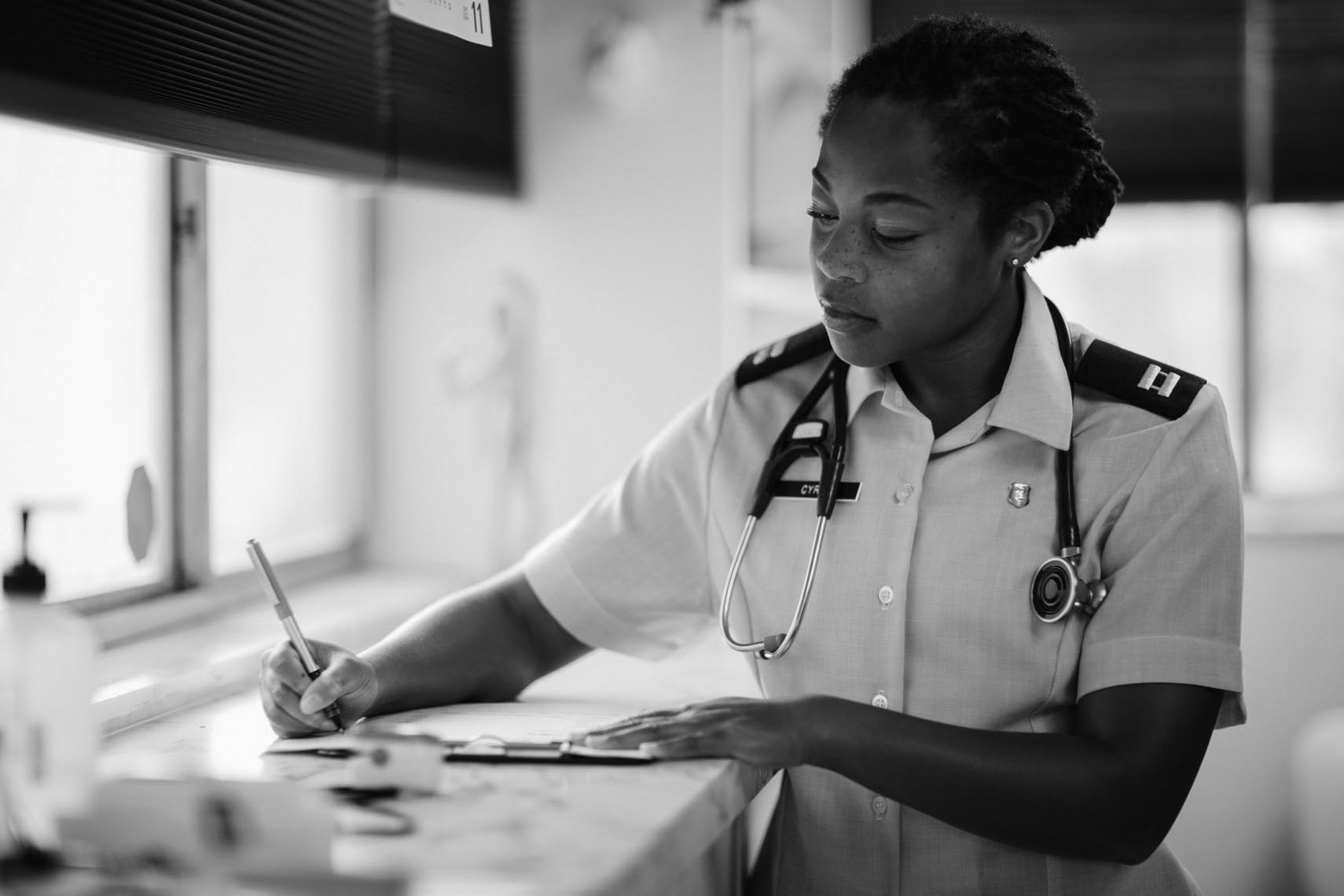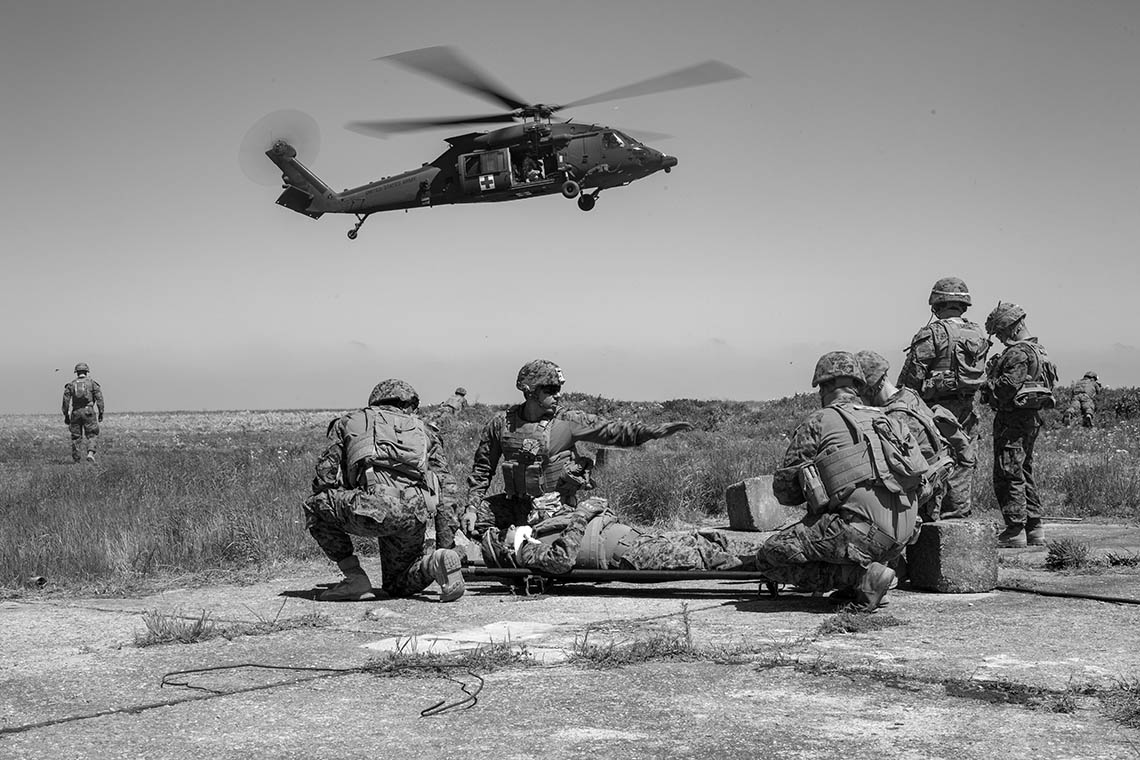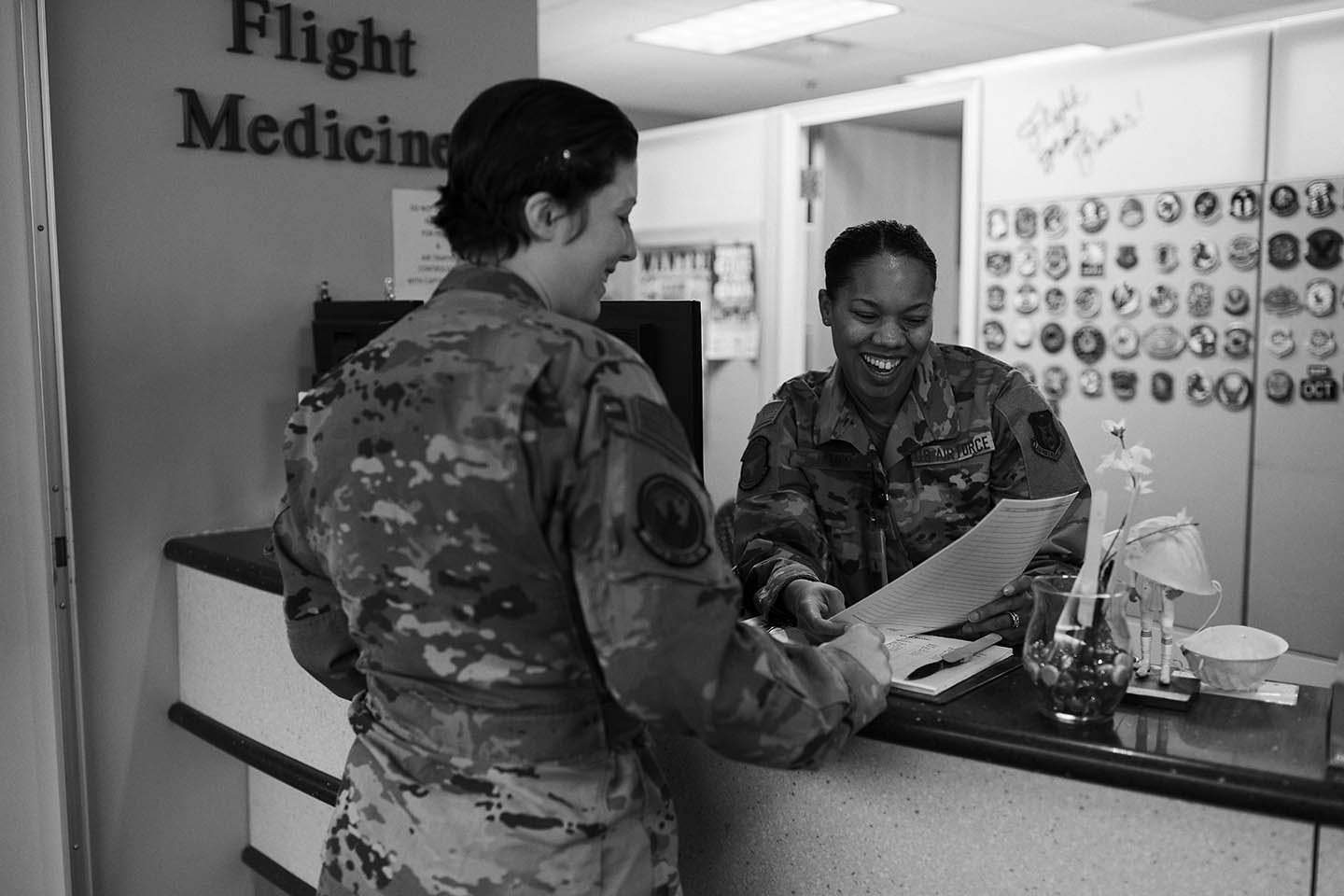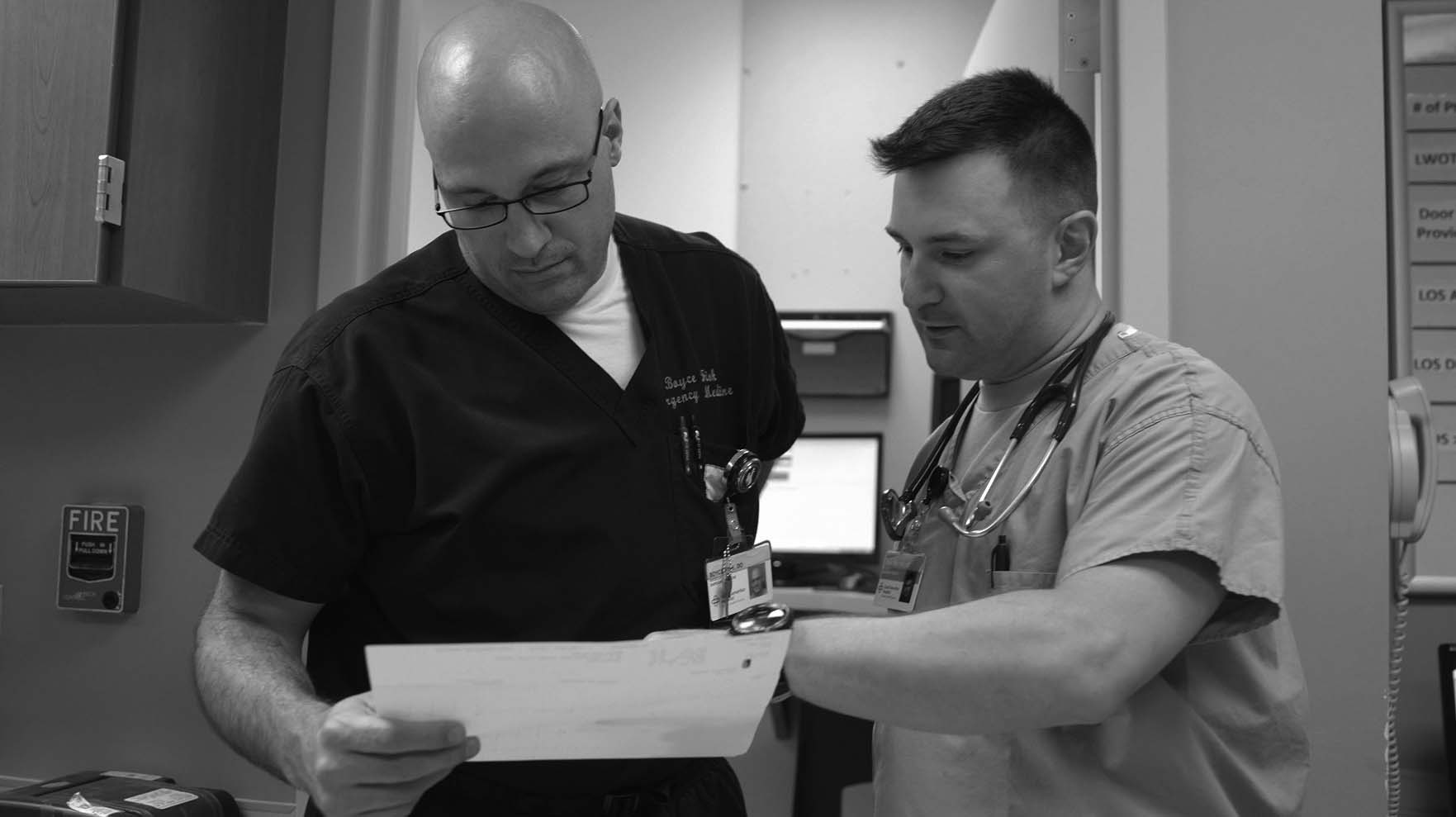- FAQs
- |
Advanced Education + Research Opportunities
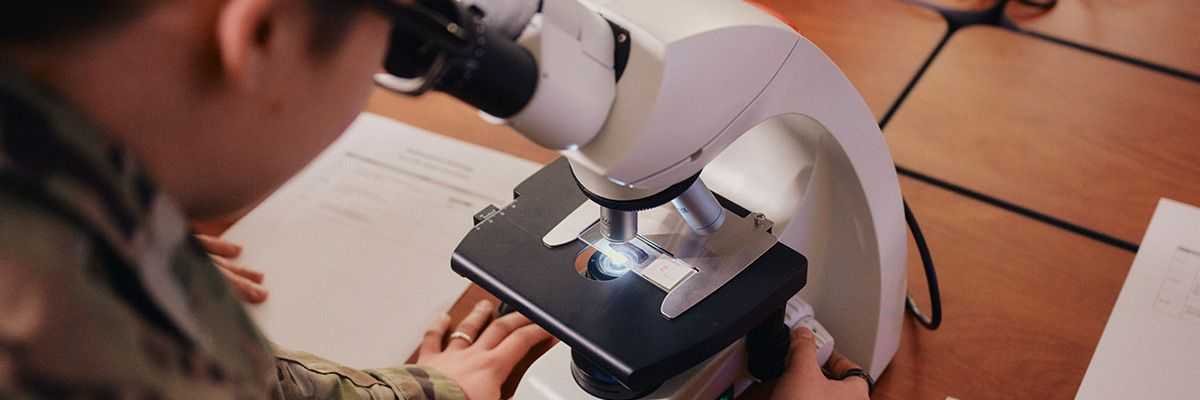
If you are interested in expanding your knowledge as a physician, the Military offers service members access to advanced degrees and research opportunities that aren't always available to civilian physicians.
In the Military, you might find yourself working with partners beyond academia, including the Department of War and foreign governments. Also, compared to the civilian sector, the Military has a high acceptance rate for the clinical trials that are crucial for research. Finally, the Military offers technical resources that help you keep track of patients and gather data for potential breakthroughs.

